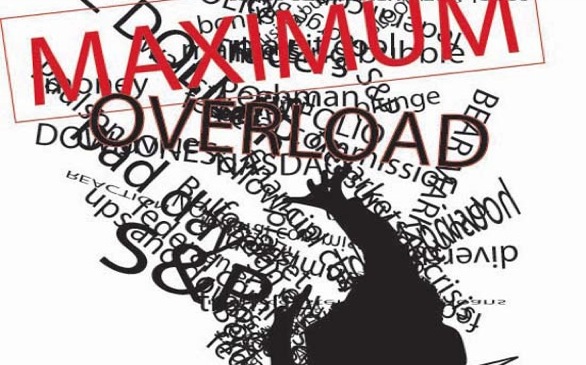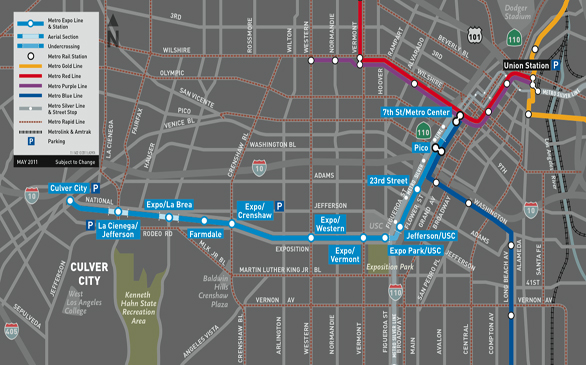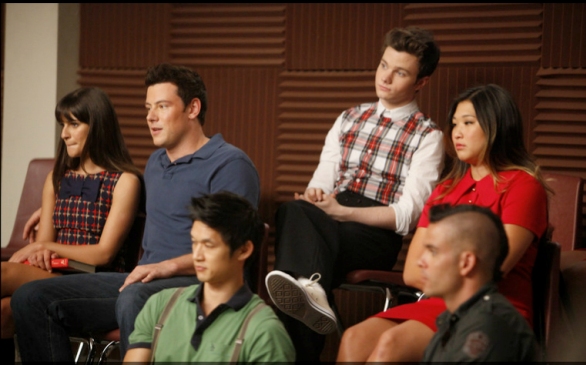One night I found myself researching something on my laptop (with several tabs open at once), watching Netflix on my iPad, and text messaging my friend on my cell all at the same time. I was the captain of my own digital ship on a bed of USB cables and power cords.
There was so much to learn and so much to be updated on that I was going delirious. Of course, one can say, Denise! Turn off the Internet. To which I scream: Blasphemy! I do not want to be the last to know about things, and I want to know what’s going on in the world.
I’m sure I’m not alone.
So much information in real time, with every second of every minute filled with updates, is the world we now live in, and frankly, I can’t keep up.
I’ve tasted the fruit of knowledge and now I’m suffering. It brings to mind why God warned Adam and Eve about the Tree of Knowledge. He was probably saying, “Y’all can’t handle this” (if God had an accent of course).
System overload is one problem that many companies and marketers are trying to solve nowadays. If they’re successful, then I believe the Internet can be changed in a very profound way, but in my opinion, we’re not even close to finding a way to filter or streamline the mass amounts of data found online.
A search bar can only do so much you know.
I can identify two big factors that lead to my information fatigue. Number one is a bit hard to solve, and this is that by human nature we are naturally inquisitive creatures. From the time we were babies and needed to touch and taste everything, we have been hardwired to learn and seek knowledge. It doesn’t all have to be academic knowledge, but also stories about what’s happening in the world and what our friends are up to. Gossip is a type of knowledge too. That is why our Twitter and Facebook newsfeeds are so addicting. The Internet has made our search for truth and knowledge easy by letting all of us do the searching for each other, which is great because (as much as it’s taboo to say) we do care what our friends think. In this case, we are the makers of our own information overload. But if it’s hardwired in us, how do we control that?
To make matters worse, the sort of tactics used to help us are actually contributing to the problem. Added advertisements and external links clutter our news articles and social media lives, all in the effort to give us what we “want.” I was reading an article the other day and right in the middle of the page, the site placed a huge link on another article talking about the same subject. The site’s purpose was probably a well-intentioned attitude of, “Hey, since you enjoyed this article so much, you’d probably enjoy this.”
In the same vein, banner ads located on the top and sides of many web pages are no better. Did you know that if you haven’t adjusted your computer or privacy settings properly, any site that you access outside of Facebook while still logged on to Facebook is sent to a database that determines what advertisements to showcase on your Facebook page? Again, they are just trying to “help” with the thought, “Hey, since you enjoyed that website on rock music so much, here’s a rock magazine that you might want to buy.”
Both factors I mentioned above offer a catch-22 in terms of solutions to information overload. We could rid ourselves of advertisements, but even if they’re annoying as hell, they provide the cash flow needed to keep our favorite Web sites running. Maybe we can limit the sites we visit, or decrease our Facebook friends and Twitter followers? But then that would limit important updates we care about.
Of course, I can just turn everything off and get some fresh air --which makes me think, “Hmm, what city has the best air?” Time to go back online.












